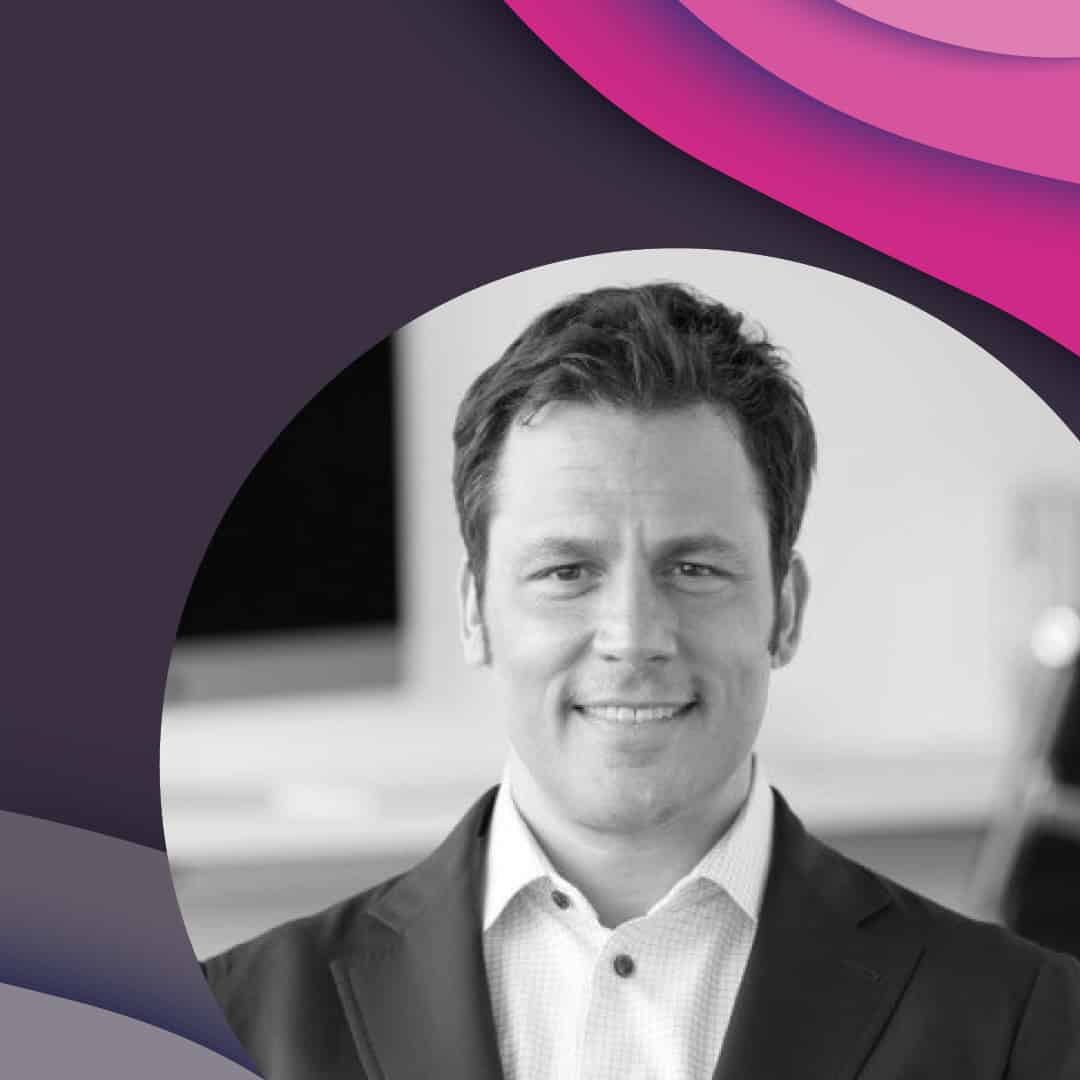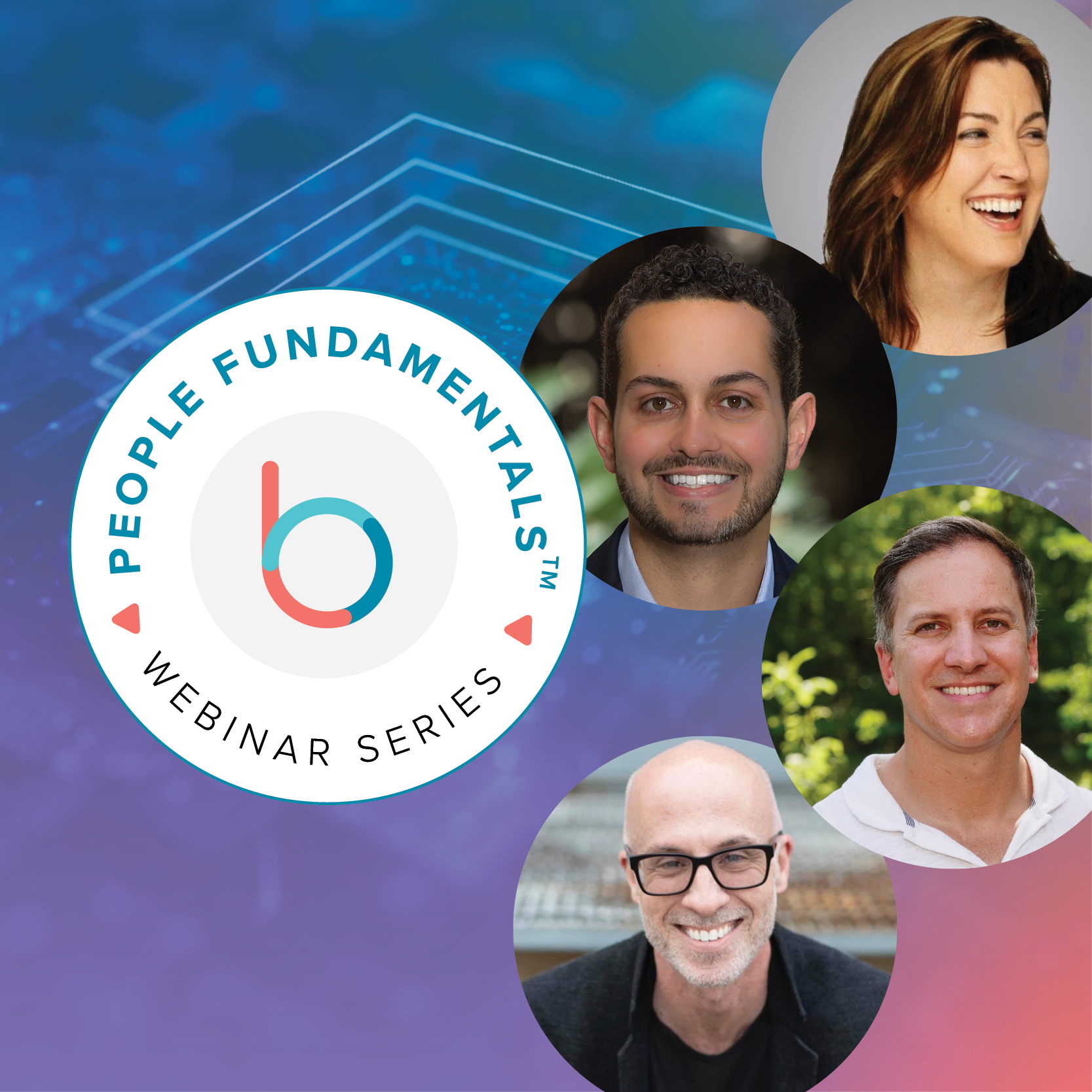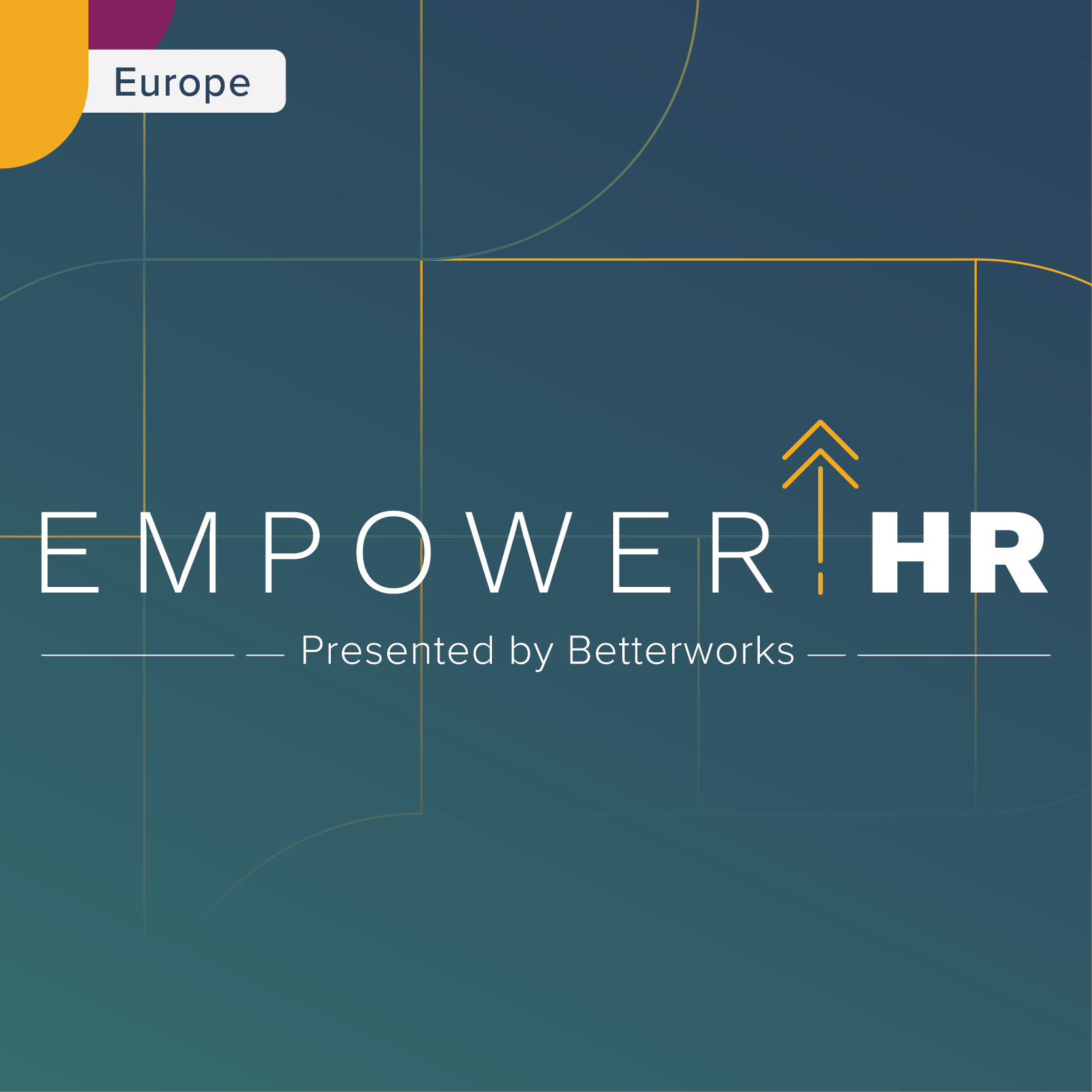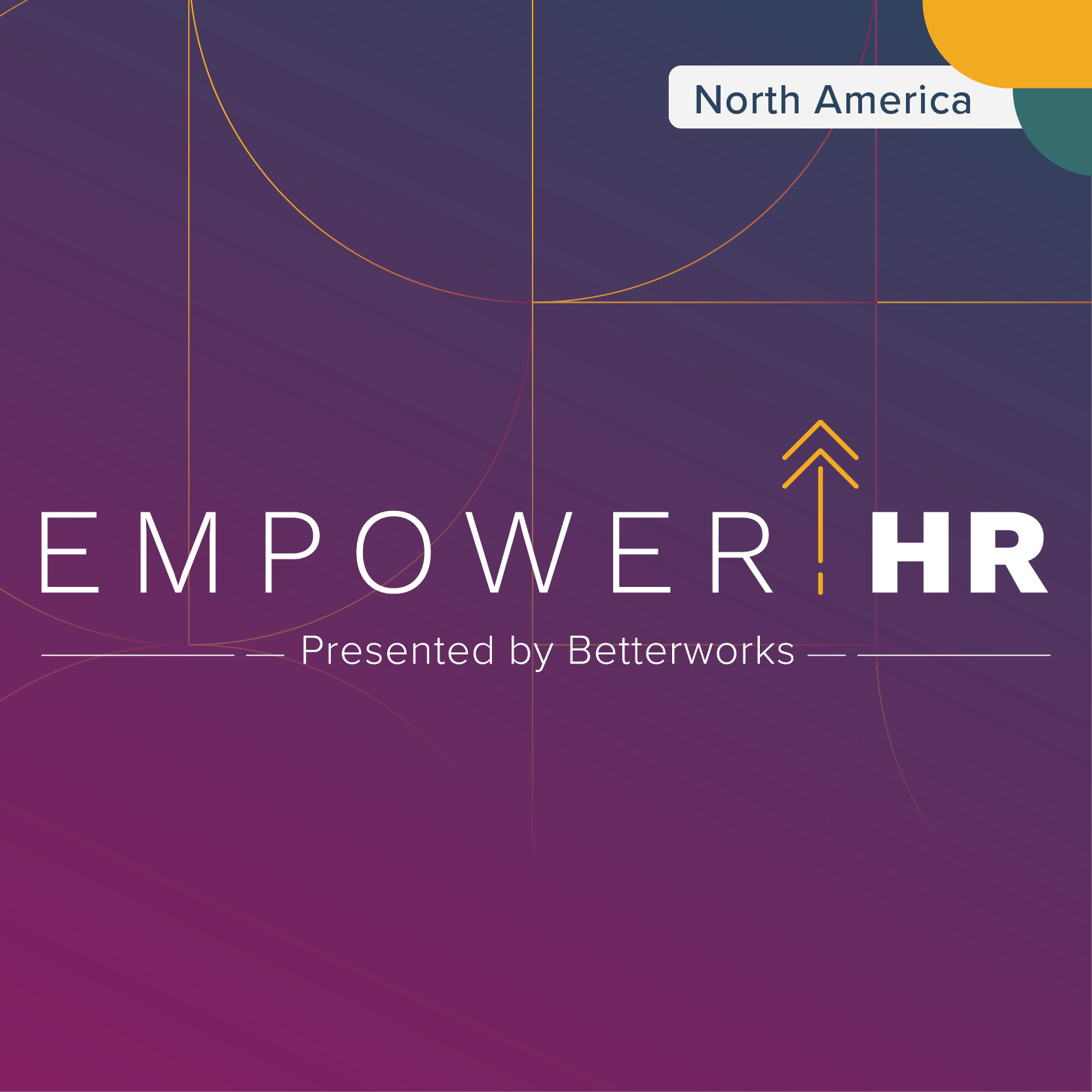Ryan Estis envisions a future of work that is more happy and human, where work has the power to change employees’ lives. Bringing that vision to life will be challenging — and HR plays an essential role in that transformation.
“HR is more valuable today than at any time in…history,” Ryan said during his keynote session at our Make Work Better Virtual Summit. Check out these highlights from Ryan’s keynote to learn how to drive positive impact for the business and your people.
Drive continuous reinvention
Ryan teaches that disruption is an opportunity for reinvention. He refers to leaders who not only adapt but embrace continuous reinvention in the face of change as Futuremakers. Futuremakers are students and learners who have the courage to act on what they learn. Actively challenging the business is the key to really progressing, Ryan said.
He shares the story of longtime Starbucks CEO Howard Schultz, who served as interim CEO for part of 2022. With Starbucks facing an identity crisis, Schultz set out to fix it. His plan included spending time with employees as part of a listening tour and suspending stock buybacks to redirect that money toward operations and the workforce.
As Schultz rebuilt trust, he needed to learn from the front lines. His actions embody the adage, “Seek first to understand, then to be understood,” Ryan said.
Schultz invited the voice, perspective, and participation of employees — reexamining and redefining what it means to be a Starbucks partner in order to engineer a better workforce experience. A big part of Starbucks’ initiative was investing in engaging and training managers — a universal need, regardless of company size or industry. “It is incumbent upon us to prepare leaders and managers for this new world of work,” Ryan said.
Recommended read

Deliver HR from a position of influence
HR’s relationship with business leaders has often been transactional, but that model doesn’t help employees reach their potential or drive enough business value. Now, businesses across sectors need HR’s leadership to transform how we work.
“We can either evolve and make a significant contribution to the business or be diminished and dispersed,” Ryan said.
Being a change agent with the courage and conviction to challenge leaders is crucial. Ryan’s HR philosophy is influenced by his friend Donna Morris, an HR leader at Walmart. Her priority is to reimagine HR to have the best possible impact on the business. HR has to deliver the fundamentals flawlessly, but you also have to lead growth and transformation.
“It’s incumbent upon us to look around the business and see, where are the strategic imperatives? Where are the opportunities to truly make work better?” he said, echoing Donna’s philosophy. “That’s how she sees the role of HR: As a strategic consultant driving change, innovation, and growth to the business.”
Exceptional HR leaders put strategy first and function second. They go beyond optimizing processes to transforming the organization as a whole. They bring a unique and valuable viewpoint to the boardroom. Transformational HR leaders, Ryan said, view culture for what it is — a business driver — and they model leadership excellence while defining the skills and competencies required.
Recommended read

Develop human-centric leadership
Human-centric leadership puts people and culture first. It’s about creating better, more human experiences — and much of that comes down to helping employees find their purpose. “We have a responsibility to leave our people better than we found them,” Ryan said.
The Mayo Clinic provides a prime example of a “purpose-driven, values-led organization,” Ryan said. During an engagement with the clinic, Ryan interviewed hundreds of employees to discover what galvanized the workforce. “In about the first 60 seconds of any conversation with any and every Mayo employee,” Ryan said, “you would hear those seven words: ‘The needs of the patient come first.’”
That’s the Mayo Clinic’s purpose, and it’s ingrained and internalized across the board. “It was very clear there was an alignment, across 40,000 employees, that their work mattered,” Ryan said.
The Mayo Clinic also offers an employee value proposition: if you come to work here, you can make people’s lives better. The promise that Mayo Clinic provides to employees is that their lives will improve, too.
During the engagement, Ryan interviewed the Mayo Clinic’s new employees to test that proposition. His first interview was with Jeremy, whose powerful testimony revealed how working at the Mayo Clinic changed his life. “It refuels me; it doesn’t just use me,” Jeremy told Ryan. Human-centric leadership truly changes lives, and makes work better.
It’s never been more important to put people first
We’ve all heard that employees don’t leave jobs — they leave managers. And with employees vacating jobs at record levels, it’s never been more important to reframe what good leadership means.
“Leadership isn’t a job: It’s a responsibility,” Ryan said. Good leaders demonstrate humility, commitment, and love — and they help other people become the best version of themselves.
To be a human-centric leader, you need to show up as the best version of yourself. Ask yourself:
- What do I want to be known for?
- How will I be remembered by the people I work with today?
Answering these questions can help you prioritize your best self — and how you can draw that out of others. There is nothing more meaningful for a leader.
Ryan closed his session with a call to action. “When you make work better, you actually make the lives of the people doing the work better,” Ryan said, “and that’s what changes the world.”
Interested in hearing his entire presentation? Watch Ryan’s keynote on-demand.









